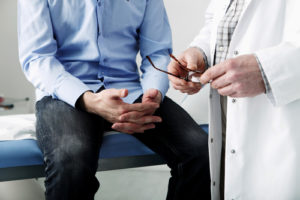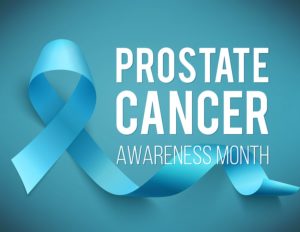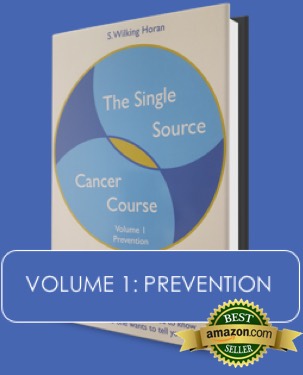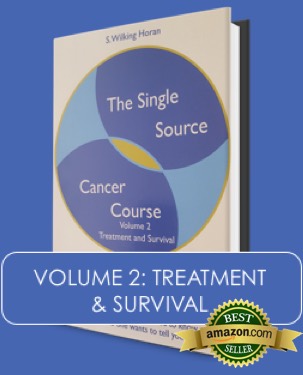 Hello everyone and welcome back to the Blog. It’s September and this month we welcome the beginning of autumn, shorter days, cooler nights, and an anticipation of the seasonal holidays to follow.
Hello everyone and welcome back to the Blog. It’s September and this month we welcome the beginning of autumn, shorter days, cooler nights, and an anticipation of the seasonal holidays to follow.
September, however, is also PROSTATE CANCER AWARENESS MONTH. This is so important to recognize because one out of every seven men will be diagnosed with prostate cancer during their lifetime. Moreover, these numbers go up as men age. For example, of those men who live to be eighty, 80 percent will be diagnosed with this cancer. In fact, it is the second most-commonly-diagnosed cancer in men the world over.
Now, the key to surviving prostate cancer is the same as it is for most other cancers. Survival requires a proactive approach to one’s personal health care and early detection. And while prostate cancer is very common and serious, it’s also a cancer from which most men will recover and survive.
But it’s important to note that early detection requires one to understand one’s personal risk for a particular cancer and the symptoms that accompany a disease.
So, let’s get started with 4 of the most common risks facing the men in our lives today.
AGE
Of course, age is a predominant risk for developing prostate cancer, and this factor is true of most cancers. In fact, sixty-five percent of prostate cancers typically are diagnosed in men over the age of sixty. The average age of a prostate cancer patient is around 70. And the risk for this cancer increases as men grow older.
FAMILY HISTORY
This cannot be stressed enough. Heredity and genetics play an extremely important part in the development of cancer. Men who have a first-degree relative, including a father, sibling or child who was diagnosed with prostate cancer before the age of 65 are twice as likely to develop this cancer than other men. When cancer is diagnosed earlier than the average age, it may indicate a genetic anomaly that must be monitored. And it’s been estimated that 5 to 10 percent of all prostate cancers are linked to a family predisposition for the disease.
ETHNICITY
Studies are consistent in finding that African American men are more likely to develop prostate cancer than Caucasian men. Also, these studies indicate that prostate cancer in African American men is likely to be more serious and without early detection, it’s more likely to be terminal.
LIFESTYLE
This is an important issue for any cancer. The development of most cancers can be influenced by inadequate exercise and poor diet. The misuse of alcohol and the use of tobacco products also will contribute to the development of many cancers, including prostate cancer.
And now that we know the risk factors associated with prostate cancer, let’s review 4 common symptoms that may indicate the presence of prostate cancer.
CHANGES IN URINATION
This includes a change in the frequency or urgency of urination. It also includes a slow flow or hesitancy in urination. Many night time visits to the bathroom may indicate a prostate problem, including cancer.
 PERFORMANCE PROBLEMS
PERFORMANCE PROBLEMS
Every man will experience erectile dysfunction from time to time. But, if this inability continues for any length of time, it could indicate a more serious problem, including prostate cancer.
PAIN WITH INTIMACY
Even if one does not have a problem in achieving an erection, and does not experience erectile dysfunction, pain during sexual encounters or with ejaculation may indicate prostate cancer.
BLOOD IN URINE OR SEMEN
The presence of blood can be due to other less serious conditions. But if this symptom persists one should always be examined for the presence of prostate cancer.
And there we are, Gentlemen. Understanding your personal risk factors and knowing the most common symptoms associated with prostate cancer will enable every man to take a proactive approach to their personal healthcare. Remember, these symptoms also may indicate conditions that are less serious than cancer. But it’s always wise to contact one’s primary care physician and be certain.
Finally, regular exams with one’s primary care physician, an annual blood test and a PSA test will help identify any problems that may exist. Remember, don’t be surprised. Be prepared! Because we can’t take care of others unless we first take care of ourselves.
Thanks again for joining me everyone. Until next time stay safe, stay in GOOD HEALTH and . . .
TAKE THE COURSE AND TAKE CHARGE!



Leave a Comment